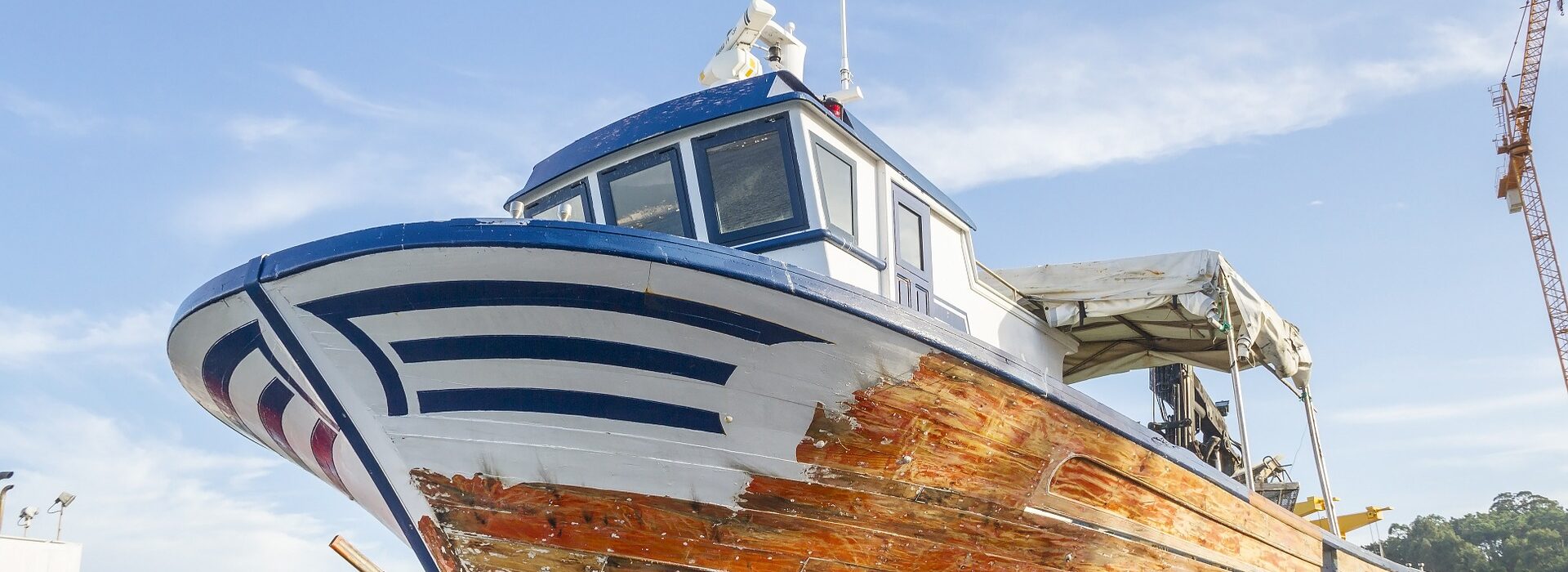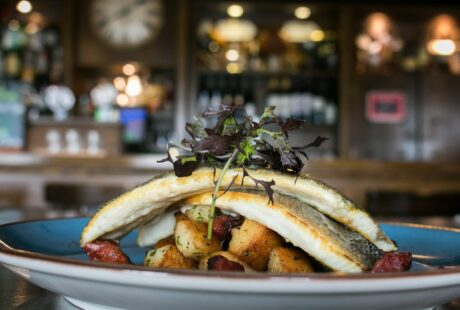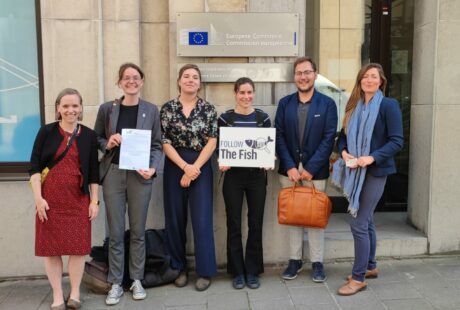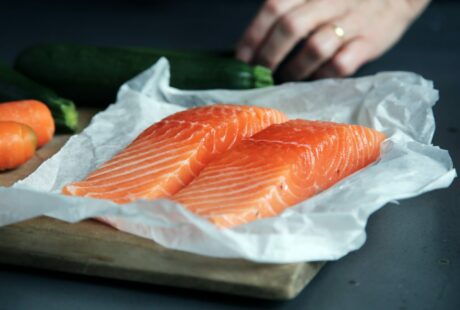Seas At Risk organised a workshop on Integrated Multi-Trophic Aquaculture as part of the annual European Maritime Day. This year’s edition took place in the port town of Poole in the UK and saw over 1,000 maritime stakeholders discussing maritime issues under the theme “The Future of our Seas”.
Traditional aquaculture breeds finfish in intensive monoculture open cage-systems near the coast, which significantly impact the surrounding environment through nutrient loading and chemical/medication use. Nutrient particles originating from fish faeces and feed negatively impact biodiversity and the natural habitats once the assimilation capacity of the ecosystem is exceeded.
However, the problem of nutrient loading can be addressed by introducing the Integrated Multi-Trophic Aquaculture (IMTA), an innovative way of farming different species in the same farm system, with one species’ waste serving as feed for another species. Current research on Integrated Multi-Trophic Aquaculture in Europe focuses mainly on finfish aquaculture, as main culture species, being cultured in combination with seaweed and bivalves.
Integrated Multi-Trophic Aquaculture has a lot of potential for the future development of a more environmentally responsible aquaculture sector, due to its lower impact on the environment compared to monoculture based aquaculture systems. The adoption and development of the Integrated Multi-Trophic Aquaculture should therefore be encouraged at EU level. However, some bottlenecks still need to be addressed to make this system fully operative. The workshop organised by Seas At Risk aimed at identify areas in the IMTA context which need further research and provide recommendations to policy makers for a wider implementation of this innovative system within the European Union.
Panellists attending the workshop raised the following key points which still need to be addressed by policy makers:
- The need for a clear definition of Integrated Multi-Trophic Aquaculture developed by multiple stakeholders and that is understood by the consumers. A clear definition will allow to clearly label products from IMTA production system and create a market for these products;
- Define standards which are needed to develop a label (individual IMTA label or include in existing label);
- Develop a market for seaweed cultured in the EU;
- Research into Integrated Multi-Trophic Aquaculture systems based on shellfish/mussel culture;
- Research into technical and biological constraints of benthic Integrated Multi-Trophic Aquaculture;
- Integrated Multi-Trophic Aquaculture is not a zero-waste system – define environmentally acceptable waste levels coming from Integrated Multi-Trophic Aquaculture systems.
In the coming months, Seas At Risk in cooperation with Good Fish Foundation and its other members will work on a more detailed elaboration of these recommendations to encourage policy makers to address these challenges and release the environmental friendly potential of the Integrated Multi-Trophic Aquaculture system across Europe.
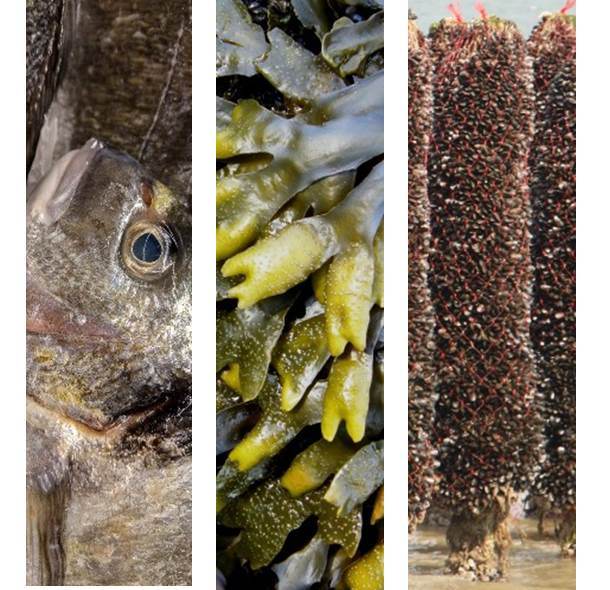
Posted on: 27 June 2017
